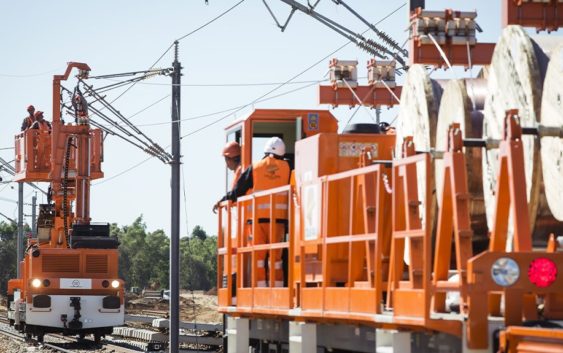IMPACT OF COVID-19 ON AFRICA’S INFRASTRUCTURE DEVELOPMENT

Kieran Whyte discusses the impact of COVID-19 on Africa’s infrastructure development. He is a Partner and Head of the Energy, Mining and Infrastructure Practice, at Baker McKenzie Johannesburg.
China has long been a key partner in Africa’s infrastructure development. Baker McKenzie research with IJGlobal, A Changing World: New trends in emerging market infrastructure, showed that China has targeted sub-Saharan Africa in recent years, both in the context of its need for natural resources and as part of the Belt and Road Initiative (BRI). Chinese policy banks loaned USD 19 billion to energy and infrastructure projects in the region from 2014-2017, almost half of which was in 2017.
The effects of Coronavirus have already impacted activity around China’s BRI, a multi-billion dollar plan to link Asia, Europe and Africa. According to a new report by Baker McKenzie and Economist Corporate Network, sustainability must be at the heart of China’s Belt and Road Initiative if it is to remain a major force in global infrastructure development. The report notes that with immediate term setbacks and delays due to the ongoing spread of COVID-19 around the world, the definition of BRI sustainability is also by necessity growing to encompass a focus on protecting the health of those involved in BRI projects, including both workers and the wider local populations where projects are underway.
According to Ben Simpfendorfer, CEO, Silk Road Associates, the BRI will remain a priority for China, but the Chinese government’s short-term and long-term response to COVID-19, shortfalls in China’s health sector, and the economic fallout for the country’s financially challenged SME sector, will divert official attention and resources away from BRI over the 12 months and potentially longer.
“This may mean reduced investments into BRI’s smaller, less critical markets where the opportunities to connect such investments to the global supply are limited. Central Asia, Sub-Saharan Africa, and Eastern Europe will accordingly see a short-term dip in BRI related activity, relative to Southeast Asia. The exception to this view is where China seeks to share its valuable experience of battling COVID-19 with other BRI countries. Strengthening the health systems of low-income countries is a priority even if focused on soft processes rather than hard infrastructure. If so, China is likely to link these efforts as being a part of the BRI,” Simpfendorfer.
Read more;

